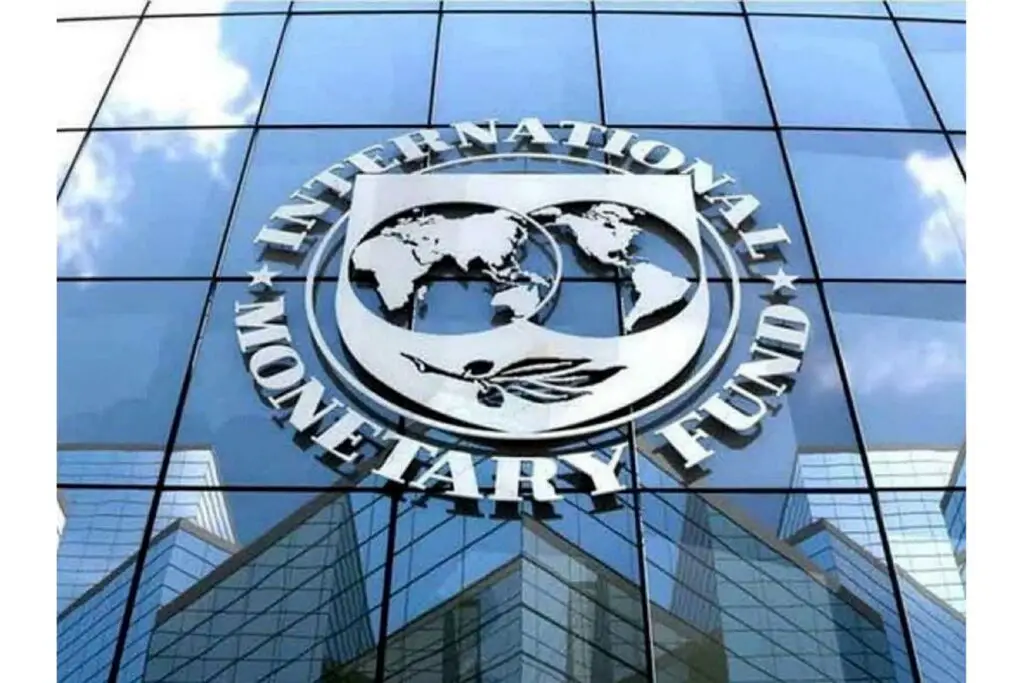- IMF is attributing Sub-Saharan Africa’s growth slowdown to the ongoing rise of central bank policy rates aimed at tackling inflation.
- However, the IMF expects a rebound to 4.1 per cent in 2024 on easing monetary tightening.
- The IMF projects Kenya’s economic prospects to improve to 5.4 per cent growth in 2024.
The International Monetary Fund (IMF) has downgraded its projection for Sub-Saharan Africa GDP growth in 2023 to 3.5 per cent, from 3.9 per cent set in April.
However, the IMF expects the region’s economy to rebound to 4.1 per cent growth in 2024. This revision represents a 100 basis points downgrade for both years.
A steady rise of central bank policy rates aimed at tackling inflation are to blame for the slowdown, IMF said. IMF is hopeful that a rebound in 2024 will be driven by the expected global economic recovery, subsiding inflation, and easing of monetary policy tightening.
The lender predicts a decline in global headline inflation from 8.7 per cent in 2022 to 6.8 per cent in 2023, and further to 5.2 per cent in 2024.
Sub-Saharan Africa GDP to rise in 2024
In the previous regional outlook, Kenya’s GDP growth projection was reduced to 5.3 per cent for this year, with lower figures than the previous two years (5.4 per cent in 2022 and 7.5 per cent in 2021).
“The hiked rates continue to weigh on economic activity. However, the global headline inflation is expected to fall from 8.7 per cent in 2022 to 6.8 per cent this year and 5.2 per cent in 2024,” IMF says.
In the period, Kenya will post a slower growth due to a funding squeeze impacting the country’s ability to invest in critical sectors of health, education, and infrastructure.
However, the IMF projects Kenya’s economic prospects to improve to 5.4 per cent growth in 2024.
The overall growth of the Sub-Saharan Africa region is expected to be influenced by the performance of major economies within the region. For example, powerhouse South Africa will decelerate sharply to 0.1 per cent in 2023. The country, which is struggling with severe power crisis will rebound to a 1.7 per cent growth in 2024.
Marginal GDP upgrade
Globally, the IMF’s latest revision projects a GDP growth rate of 3.0 per cent for both 2023 and 2024. This represents a 0.2 per cent upgrade from the previous projection in April. However, the IMF notes that the growth rate is still historically weak based on standard measures.
According to the multinational lender, persistent global inflation and tighter monetary policies are fueling higher borrowing costs for sub-Saharan African countries. As a result a majority of countries are facing great pressure on exchange rates.
“Indeed, no country has been able to issue a Eurobond since spring 2022. The interest burden on public debt is rising, owing to a greater reliance on expensive market-based funding combined with a long-term decline in aid budgets,” IMF said in its brief.
The lack of financing is affecting the region that is already struggling with elevated macroeconomic imbalances. Public debt and inflation are at levels not seen in decades. About half of the economies in the region are grappling with double-digit inflation. The surge in cost of living is eroding household purchasing power and striking at the most vulnerable.
Global shocks still a concern
IMF says a global slowdown will see the region’s economic prospects decelerate for the second year in a row. It, however, maintains that this headline figure masks significant variation across the region. An ongoing funding squeeze will negatively impact the region’s longer-term outlook.
A shortage of funding may force countries to reduce resources for critical development. Unfortunately, this strategy will adversely affect sectors like health, education, and infrastructure, further weakening the region’s growth potential.











